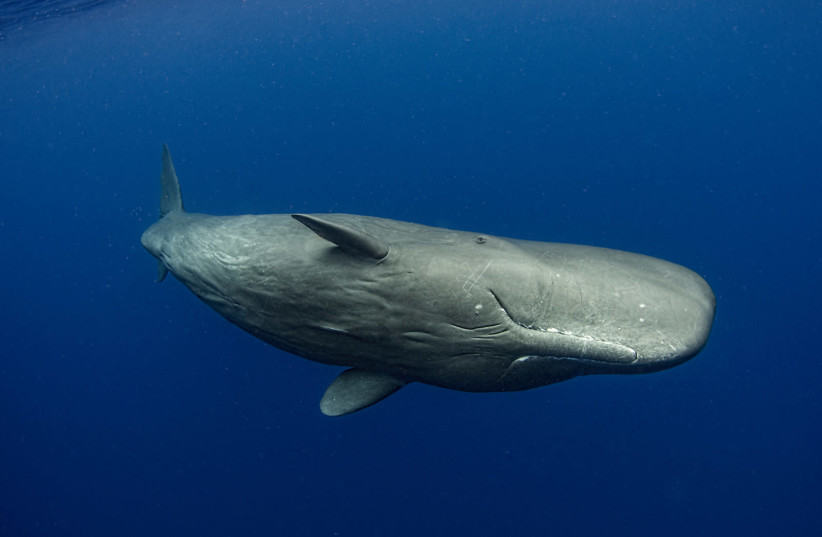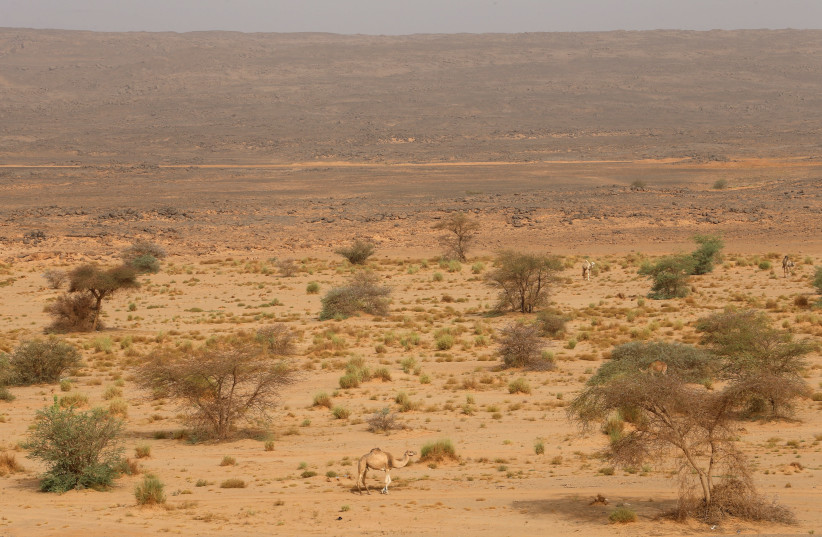Ancient Egyptian killer whale with legs identified as new species
The newly-discovered species of killer whale, dubbed Phiomicetus anubis, most likely roamed the Earth's oceans during the Eocene Period, around 56 to 34 million years ago.

Female sperm whale.
(photo credit: AMANDA COTTON)
The 43-million-year-old remains of a four-legged killer whale, found in Egypt's portion of the Sahara Desert, have been identified as a newly discovered species, StudyFinds reported last month.
The discovery of this new species is "critical" to understanding the evolutionary process of ancient whales into the marine mammals we know today, scientists say.
The fossilized remains, which include the skull and ribs, were discovered during a 2008 international expedition to an animal graveyard in the Nile Valley called the Fayum Depression.
The newly-discovered species of killer whale, dubbed Phiomicetus anubis, likely reached over three meters in length and weighed over 900 kg. It most likely roamed the Earth's oceans during the Eocene Period, around 56 to 34 million years ago.
The whale's skeleton revealed that it possessed a long snout and sharp teeth attached to massive jaws. Experts say it likely looked like something between a modern-day dolphin and a giant, aquatic wolf.
 A camel seen at the Sahara Desert. (credit: REUTERS/AHMED JADALLAH)
A camel seen at the Sahara Desert. (credit: REUTERS/AHMED JADALLAH) A study by research group Sallam Lab, published in Proceedings of the Royal Society B, paved the way for the discovery.
"When the anatomical evidence led us to the conclusion that it is a new species of whale, it was an amazing sensation of joy and enthusiasm," the study's lead author Abdullah Gohar told StudyFinds.
"This contribution significantly advances understanding of the role that the African waters played in whale evolution during the Eocene," Gohar said.
-- Sent from my Linux system.
No comments:
Post a Comment